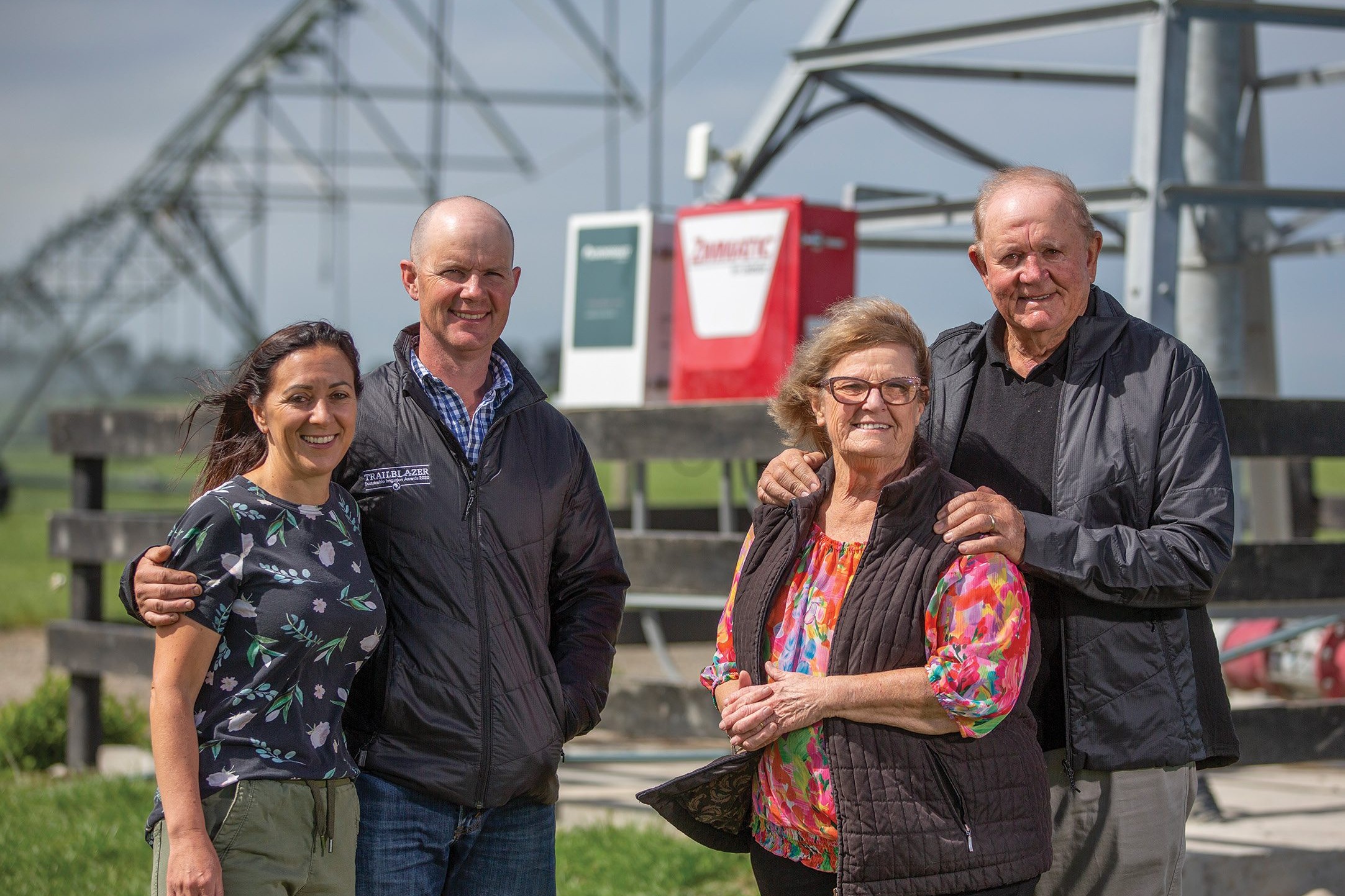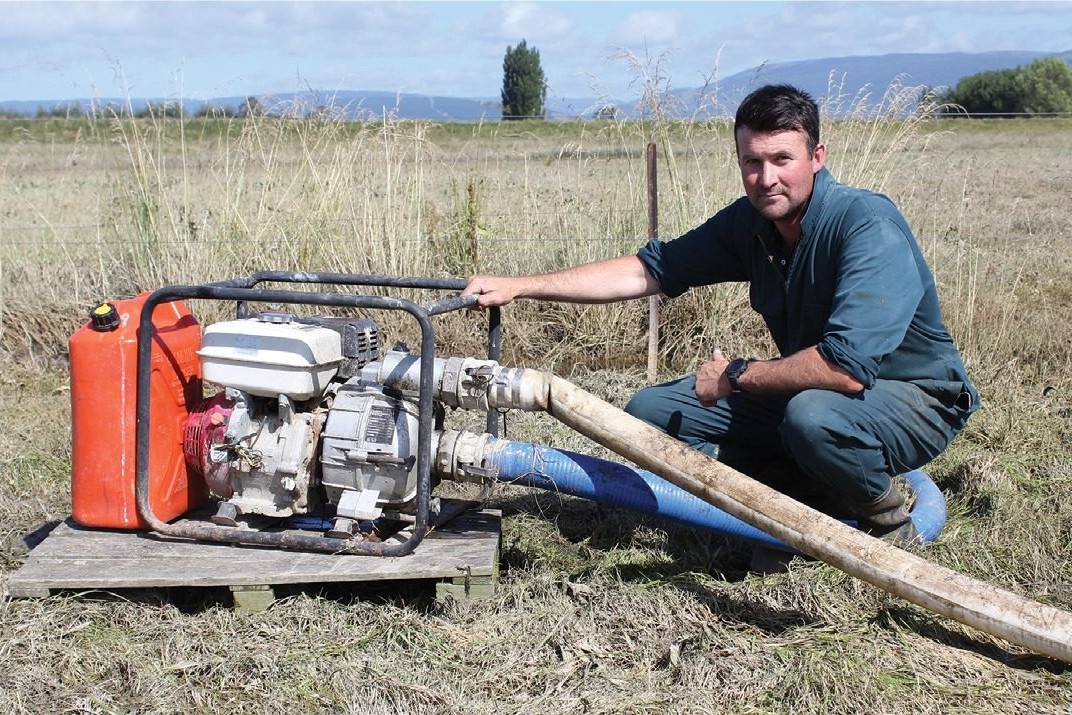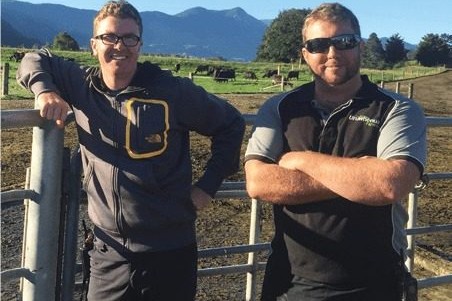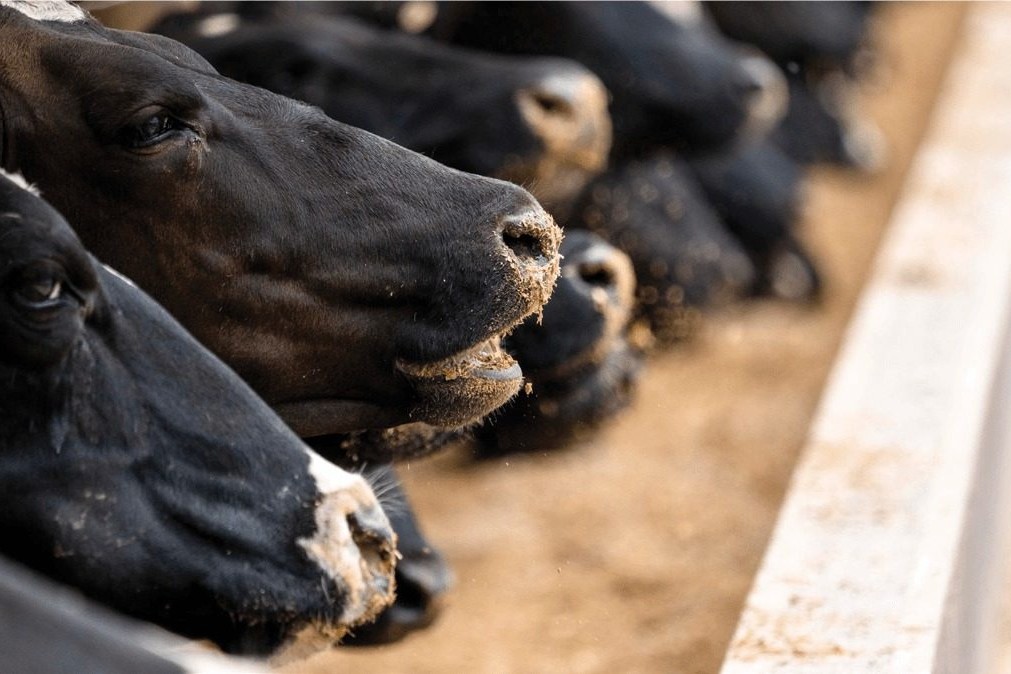Geoff and Jo Crawford realise that to have a good work/life balance, they need to look after themselves as well as their farm, and to plan for all eventualities. Chris Neill reports.
Farming at Ngararatunua, northwest of Whangarei, Geoff and Jo Crawford own 1200ha on which they operate two dairy farms and a beef unit. The two dairy platforms total 475ha with 1500 cows milked by two contract milkers. One farm is on the Hikurangi swamp and approximately two-thirds is prone to flooding. The other farm is on hill country above the swamp. Currently 50:50 spring and autumn calving, this is transitioning toward total autumn calving. The balance of the farm is dairy support or beef farming based primarily on the 700-800 spring calves reared, plus 700-800 autumn calves reared. One person employed to rear calves and another as general farmhand to do most of the tractor work complete the onfarm team working with Geoff across all the properties. Contractors are engaged to do any large-scale work such as track building. Jo’s role is to manage the administration and financial management of their dynamic business.
Geoff is a tireless enthusiast for business and life, for whom getting up early for another day of activity is key to making his own luck. Each day starts with looking forward to new activities and opportunities. Having started his first business as a spray contractor at the age of 17 he progressed to owning his first farm at 20 and first 120ha dairy farm at 22. His subsequent spraying, forestry, and farming businesses have been demanding because he is unable to say no to a challenge. Further land acquisition is on the horizon.
Clear, simple, challenging goals give Geoff focus on what needs to be done and when. Protecting his physical and mental wellbeing to allow him to operate at a high frequency comes with running in the winter and cycling in the summer. In true Northland style, boating and diving with similarly motivated mates is part of being “always able to find time for the things I want to do”. This includes being a member of the NZ Spearfishing team and competing around the world, winning two Pacific and one national championship titles. Geoff and Jo’s farming goal is simple – “to farm better”. Better pasture, better stock, better production.
Geoff and Jo proactively managed their business through the 2019-20 drought. Geoff views drought like a cancer, which progressively erodes all aspects of the business. There is time to plan and act, to make progressive decisions as the situation evolves. Critical elements of Geoff’s plan are:
- Ensure feed and water is available for stock.
- Monitor stock to know they are okay.
- Maintain cow condition, ready to pick up production after the dry period ends.
- When 70% of income is being consumed by feed costs, particularly in February/March:
- Transition to OAD.
- Dry off before cow condition is compromised.
- Retain and feed only those animals needed for next season.
- Defend next season:
- Do not allow the effects of drought to cross seasons.
- Protect cow condition.
- Organise access to cash to ensure the business is responsive.
- Allow ½ t of PKE per cow per season.
- Feed all calves on PKE when there is insufficient pasture to ensure they achieve growth targets.
As an optimist who operates ‘above the line’, Geoff kept expecting the rain to arrive. To complete the challenges of 2020, the Crawford’s farms were inundated by floodwater in July. One dairy farm and the dairy grazing unit required destocking. The disruption, including sending cows away, cost 10,000kg MS of production, along with the damage to property and impact on morale.
Geoff views floods like a heart attack, with a sudden impact. The response required is immediate, demanding intense thinking, and prompt decision making to avoid stalling the business with bad or lack of decisions.
Even before these recent drought and flood events, Geoff could see climate change and adverse weather events as a real challenge to their business. He is looking for options to be prepared and to protect their livestock, property, themselves, and their profitability against projected risks. His responses to date are:
Calving date – transition to autumn calving
- Summer pasture production is becoming less reliable.
- Warmer winters are giving better pasture growth.
- Easier calving.
- Happier staff.
Pasture species – transition from ryegrass to herbs, clover, fescue and cocksfoot
- Ryegrass performance is less reliable, with diminishing quantity and quality.
- Maintain half the farm in chicory and plantain – oversow with annual rye at the end of the second year before reseeding with chicory/plantain at half recommended seed rate to maintain a ‘permanent’ herb pasture.
- Maintain half the farm in cocksfoot/ fescue.
Supplementary feed
- Direct drill or oversow as much as possible to minimise tillage.
- Grow 20% additional area of feed maize as a contingency for reduced crop yield or pasture production compromised by adverse weather.
- Mix PKE with grass and maize silage to extend the length of time it is used to its maximum.
Finance
- Have a relationship with a financier that ensures cash is available in challenging times.
Surround yourself with good people
- Establish and maintain good networks to help find and deliver good solutions.
Leadership
- Ensure the team maintains confidence that there is a plan and the issues arising are under control.
- Keep fit and healthy to maintain mental wellbeing.
- Delegate easily to others those tasks that generate income.
- Control expenditure personally.
- Protect your reputation as an employer; it is critical to having good staff.
- Have faith in people.
Buy land
- strategically to increase business resilience (240ha)
Geoff and Jo continuously monitor and adjust their business to ensure it is as good as they can make it. Their extra activities require the business to be successful and the business success requires them to take time out for personal wellbeing.





